Archive
Black, White And Green
Written by Newcastle Utd
Newcastle United have come out top of the table for its energy efficiency, according to the Environment Agency
Newcastle United has been named as the leading football organisation in the country for its energy efficiency by the Environment Agency.
The club outperformed seven other major organisations from the UK's football industry during 2011/12, including the Football Association, Manchester United, Chelsea and Arsenal, to lead the way in the second - and final - performance league table of the Carbon Reduction Commitment (CRC) Energy Efficiency Scheme.
The club also finished second in the North East, with only travel organisation Go-Ahead Group finishing above Newcastle United, health trusts, councils, transport hubs and prominent businesses.
Newcastle United, operating under the trading name St. James' Holdings Limited, rose more than 1,000 places from the first table in November 2011 to finish 225th overall after reducing its absolute emissions by an impressive 8.05%.
The club also slashed its CO2 emissions per £1,000 of turnover by a whopping 45.46%, aided by optimising operations in partnerships with GET Solutions and Carbon Neutral Investments allied with an increase in turnover of 68%.
The table, which has been confirmed this week, ranks more than 2,000 leading organisations from across the country based on their energy management and efficiency for 2011/12 as part of the mandatory government-backed scheme, which hopes to reduce carbon emissions in the UK by 1.2 million tonnes per year by 2020.
Participating organisations, which include large organisations from across the private and public sectors, are assessed using three key elements - the absolute percentage change in their reported energy use, improvements made in energy efficiency (based on percentage change in energy use per unit of revenue) and the actions the organisation has taken to curb energy use and carbon emissions prior to the CRC scheme's introduction.
Eddie Rutherford, Newcastle United's head of facilities, said: "We're delighted with what we've achieved in terms of energy efficiency and reducing emissions.
"To rise more than 1,000 places reflects the strong commitments we have made across the club to improve our energy efficiency and impact less on the environment on a local, national and global level."
The final table comes hot on the heels of December's announcement that the club had become the world's first carbon positive football club after reducing the environmental impact of its operations to zero by offsetting more carbon than it emits, achieving the Carbon Trust Standard.
Eddie added: "We have made a number of operational changes to enhance our efficiency, including upgrading lighting with motion sensors across our facilities, optimising heating and improving the way in which we monitor our energy use.
"But that has been really boosted by the ongoing commitment of our staff, who have embraced the changes and have worked hard to contribute. It's a great accomplishment to be recognised as the leader in our industry in this country."
The other seven participating football organisations had contrasting fortunes. The Football Association were second to Newcastle United at 278th, while Manchester United (operating as Red Football Limited) grabbed their own headlines by dropping from joint first position in 2010/11 to 488th.
Bolton Wanderers (Burnden Leisure PLC) - ranked at 489th - were the only other football representatives to finish in the top 500, with Chelsea (Fordstam Limited) ranked at 826th and Arsenal (Arsenal Holdings Ltd) at 968th. Aston Villa (1237) and Reading (1647) were also included in the table.
The Magpies' total emissions were calculated at 5,697 tonnes of CO2; 34% fewer tonnes than Manchester United, 39% less than Arsenal, 57% less than the Football Association and almost 60% fewer than Chelsea.
Construction firm BAM Group topped the final table, closely followed by rivals Skanska, electronics firm Motorola and Manchester City Council.

